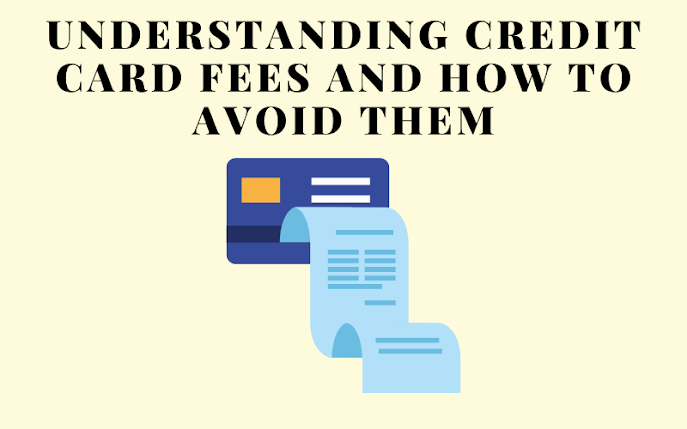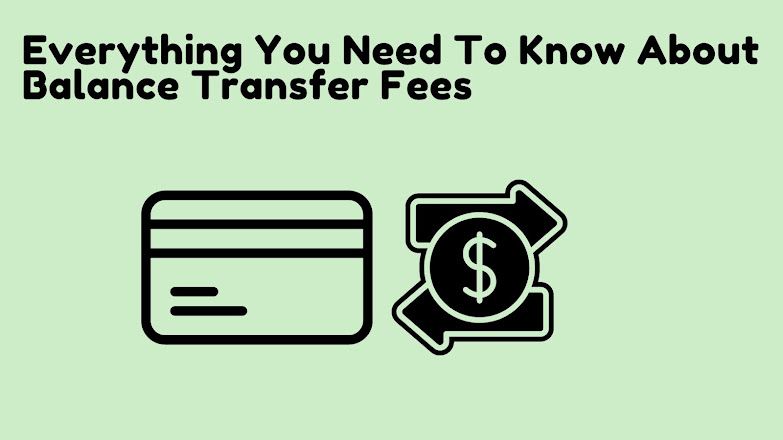Understanding Credit Card Fees and How to Avoid Them

Credit cards have become an essential financial tool for many individuals, providing convenience and flexibility in managing their expenses. However, it's crucial to understand that credit cards often come with various fees that can add up and impact your overall financial well-being. To make the most of your credit card and avoid unnecessary costs, it is essential to familiarize yourself with the different fees associated with credit card usage and adopt smart financial practices to steer clear of them. By gaining knowledge about credit card fees and implementing effective strategies, you can take control of your financial journey and make the most of your credit card experience. Certainly! Here are some key points to understand credit card fees and tips on how to avoid them: Annual Fee: Some credit cards charge an annual fee for the privilege of using their services. To avoid this fee, consider opting for credit cards with no annual fees. Many issuers offer a wide range of card...

